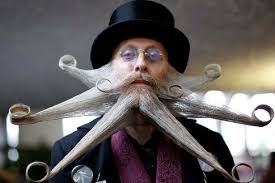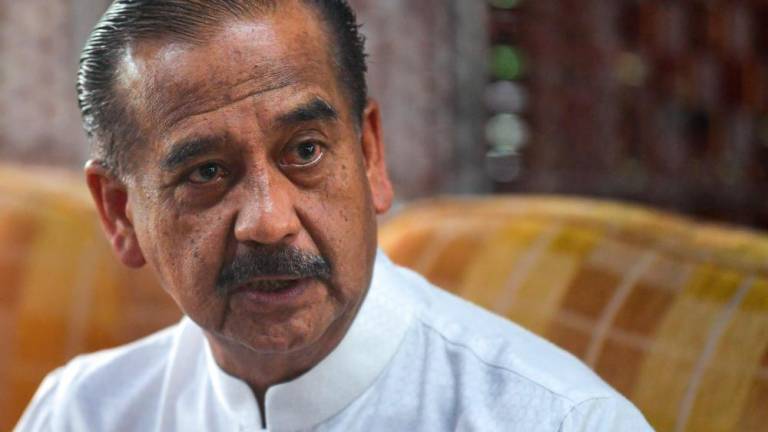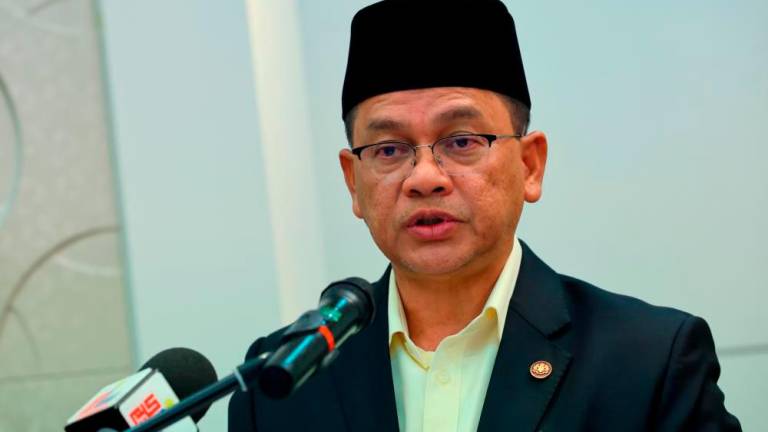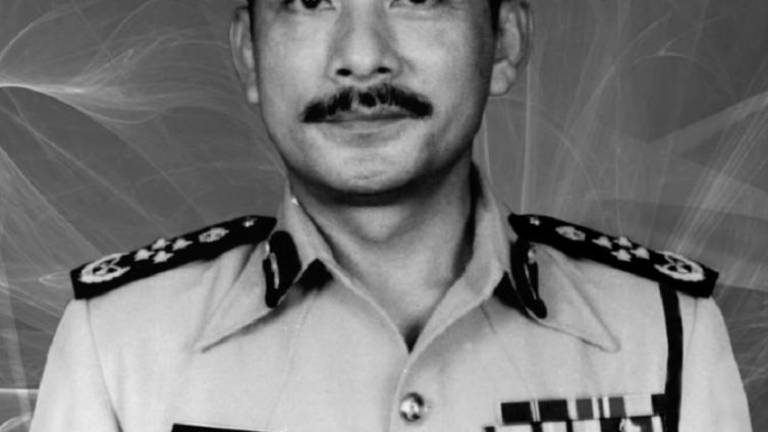THIS is the month when men put down their shaving kits and keep the hair above their upper lips. The month is all about keeping the razor aside and embracing one’s hair which many otherwise lose to cancer.
But make no mistake. This “No-Shave November”, also known as “Movember”, is not a new fashion trend.
Initiated over a round of beer in Adelaide, South Australia, 16 years ago, it was an effort by a group of men to raise awareness about their health. It was a simple idea that quickly took off.
Health issues that are higlighted in this initiative include prostate cancer, testicular cancer and even depression.
Health experts agree that men are generally less likely to discuss their health problems compared with women, but for a start, they can still help themselves through self-examination.
For instance, self-examination is good enough to help determine symptoms of testicular cancer, according to KPJ Tawakkal Specialist Hospital consultant urologist Prof Dr Azad Hassan Abdul Razack.
“For testicular cancer, it’s mostly seen from the symptoms and other problems that show up,” he told theSun.
He pointed out there is no recommended screening for either cancer and advised men to conduct self-examination regularly.
If they found any symptoms or swelling, Azad said, they should consult a doctor at once.
“If diagnosed early, the chances of a cure is close to 100%,” he said.
The National Cancer Registry reports that prostate cancer is the fourth most common cancer in men in Malaysia, accounting for 5.7% of all cancers among men. Testicular cancer is most common in men aged 15 to 34 years old.
For cancer survivors, getting the support from others cannot be overstated, and this comes mainly from greater awareness about various diseases.
Peter Wong You Pa, a 72-year-old prostate cancer survivor, recalled that support groups such as the Prostate Cancer Society Malaysia did not exist yet when he was diagnosed with the disease in 2008.
But some time after that, he joined an exercise group that included several cancer survivors called “Blues Buddies”.
The support from this group helped Wong, who plans to climb up to the Annapurna base camp in the Himalayas in April next year, get back on his feet.
For Teshvinder Singh Chopra, 31, it was family support that helped him deal with schizophrenia. He was diagnosed with bipolar disorder and mild depression when he was in his 20s.
It was his sister who coaxed him into seeking treatment, a challenge for a family that considers schizophrenia a taboo subject.
Teshvinder now fully supports initiatives such as Movember that aims to get men to “come out of their shell and share their experiences” in coping with diseases.














